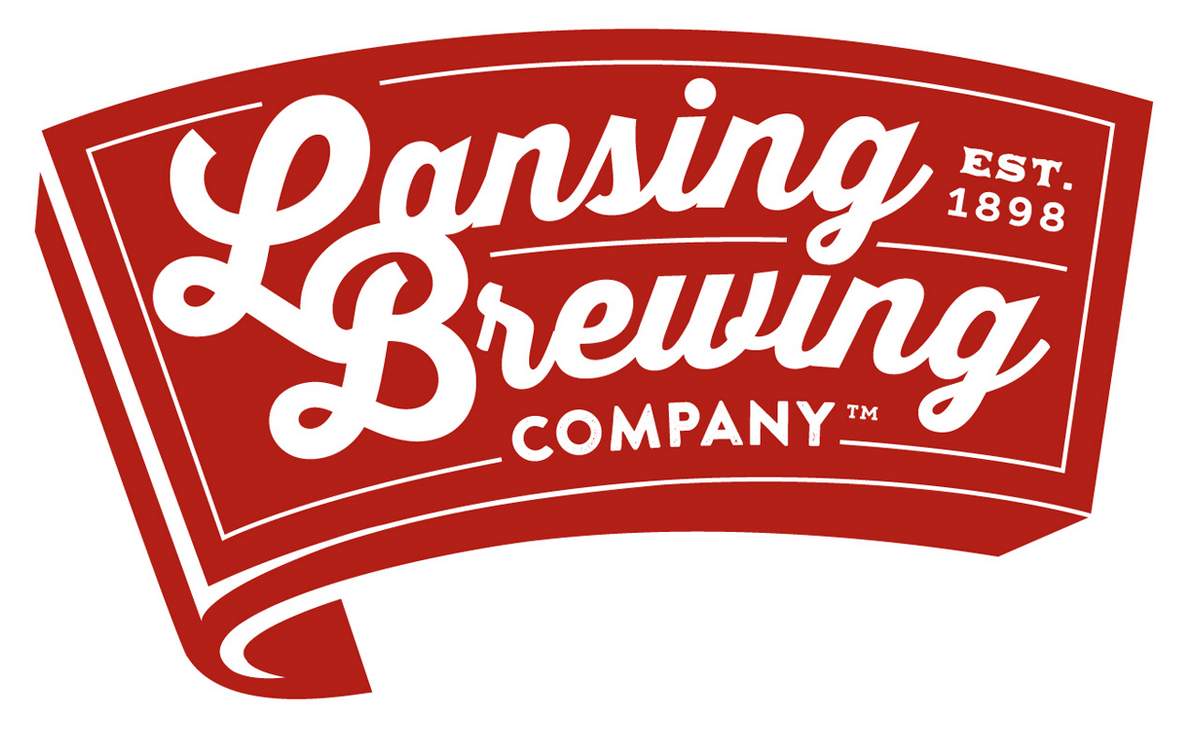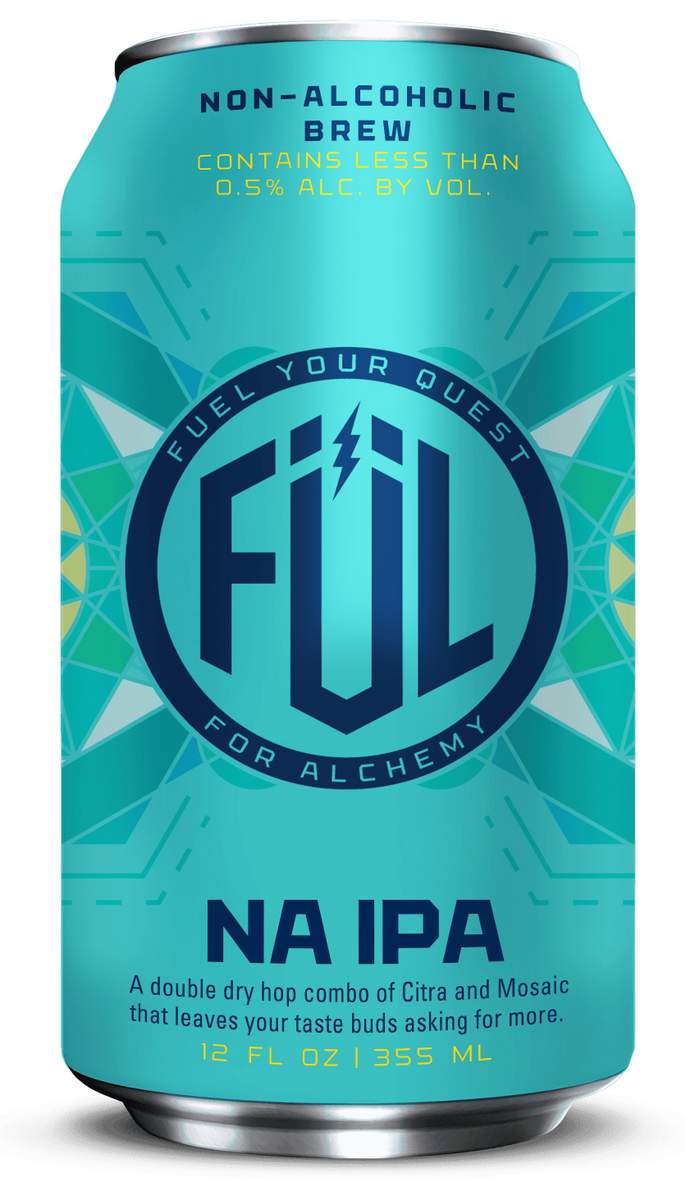
Lansing Brewing Co. traces its heritage back to 1898, making it one of the first breweries in Michigan’s capitol city. The brewery played a significant role in Michigan’s beer history until its closure during Prohibition. Luckily, it was revitalized in 2015 when the Lansing Brewing Co. was reborn in a 7,000-sq-ft former auto warehouse owned by the Gillespie Group, a real estate developer in Lansing. The reinvention was spearheaded by Jennifer Gillespie and her husband Pat Gillespie — the latter being the founder and CEO of said Gillespie Group — which has played a big role in reinvigorating downtown Lansing via the Stadium District.
The Stadium District is an urban mixed-use area overlooking the Lansing Lugnuts minor league baseball stadium and the Grand River. Located in the Stadium District, Lansing Brewing has become a local favorite, offering craft brewed beers, spirits, wine and ciders. In less than a decade, the Lansing Brewing brand has reestablished a deep connection with the Lansing community and Michigan State Spartan community, blending the brand’s old tradition with new innovation in its range of beverages. When it comes to beer, Lansing Brewing’s greats include the likes of Amber Cream, Angry Mayor, Velvet Villain and Union Golden Lager. Let’s take a quick look at its Peninsula Pils:
Now, Lansing Brewing is taking the next step in its 120+ year journey. Detroit Liquid Ventures, led by former Atwater Brewery owner Mark Rieth, has officially acquired a majority stake in Lansing Brewing Co., including its Hard Nose brand of spirits, cider and wine. This strategic acquisition signifies a new era for both entities, promising to leverage their strengths for enhanced market presence and innovation in craft brewing. As a backgrounder: Rieth was part of an investor group that acquired Detroit-based Atwater Brewery in 2002. After a few years, he would own that craft brewing company completely, selling it to a division of Molson Coors in 2020. From the press release:
“I wasn’t sure I’d come back to the craft beer industry, but I’m a certified beer lover and this was a unique opportunity to connect my two favorite cities, Detroit and Lansing, Motor City meets Capital City,” said Rieth. “LBC is a respected regional brand and allows me to combine my passions for brewing unique, high-quality and easy drinking beers while supporting Lansing and the Michigan State Spartan community!”

The entrepreneur has been busy since selling Atwater. He rolled out Fül Beverages — pronounced “fuel” — in 2022, bringing both energy-style drinks and non-alcoholic beer to Michigan drinkers. Rieth’s Detroit Liquid Ventures also produces a brand of beer called Old Head, which are Irish style ales. Describing the Old Head brand on the website: “In tribute to those who came to settle in the Old Head of Kinsale 6000 years ago, our traditional style Celtic ales are inspired by recipes from the Emerald Isle, and those who integrated themselves into Detroit’s rich Irish culture.”
Rieth looks to bring a lot of experience and a vision to the Lansing Brewing Co. and its brands. According to the press release, Rieth and LBC’s current ownership share a common vision and commitment to the Lansing Brewing taphouse employees, operations and the guests they’ve served over the past eight years. The brewery, located at 518 E. Shiawassee St., will maintain its normal service and hours of operation.
“Our roots run deep in the Lansing community so finding a partner and leader who celebrates our vision and passion for serving hand crafted hospitality was important to us,” said Jeremy McKowen, general manager at LBC. “That’s what makes Mark Rieth the perfect fit to elevate LBC further. He’s a proven leader who can build brands while also remaining local and true to our roots.”
Patrons and beer enthusiasts can look forward to some interesting developments in the near future as the two entities merge their expertise. We’ll keep you updated.





Jim Snider says
It sounds like, to him, it’s all about the 💰! Just sayin.